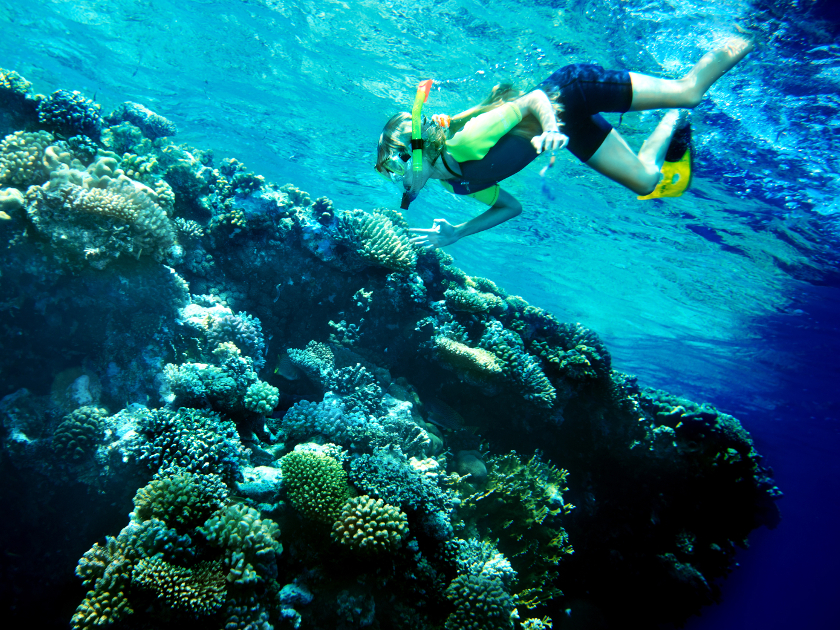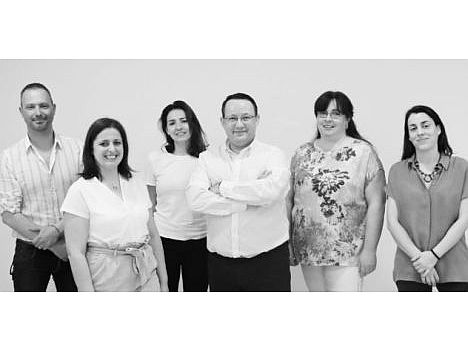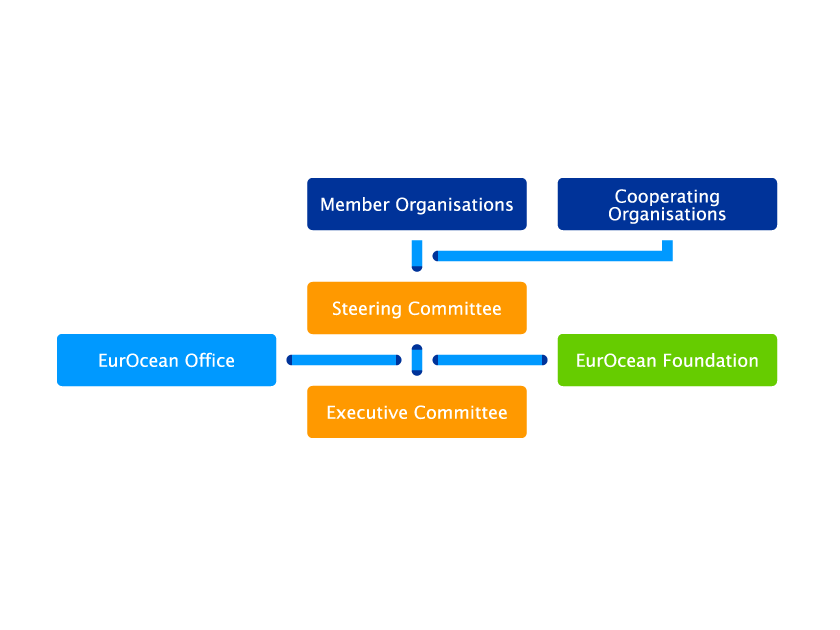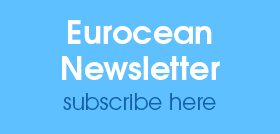Who we are and what we do

Among its activities, it is distinguished the management of the regional component of the Operational Program of the Society of Knowledge (POSC), which followed the Operational Program of the Society of Information (POSI).

The main task of VLIZ is supporting and visualizing scientific research in the coastal area. By doing so, it developed a coordination forum, an oceanographic platform, the Flanders Marine Data, and Information Centre, and deploys the vessel, RV Simon Stevin, for oceanographic research. Besides, the institute acts as a contact point and provides advice on the demand of the government or their initiative. The VLIZ has an interface function between the scientific community, the public authorities, and the public at large.


Fundação para a Ciência e a Tecnologia was founded in 1997 and it is the Portuguese public agency that supports science, technology and innovation, in all scientific domains, under the responsibility of the Ministry for Science, Technology and Higher Education, it carries out its mission through the funding of proposals presented by institutions, research groups, and individuals, based on independent evaluations of merit, and also through co-operation agreements and other forms of partnerships with universities and other public and private institutions. Its Ocean Programme, within the Department for International Relations, coordinates the involvement of FCT in initiatives linked to the ocean. Its mission is to advise FCT’s Board of Directors in matters related to ocean science and technology and to maximize the dialogue among the different scientific communities that are part of the ocean transdisciplinary area to coordinate the national activities in ocean and science technology and the participation of Portugal in European and international organizations associated with ocean issues where FCT participates.

IFREMER facilities include 72 laboratories and research departments, in those 24 stations and centres which are located all along the metropolitan coast and in the overseas territories, 7 vessels, 2 manned submersibles, a full series of seagoing facilities.
The IMR is answerable to the Norwegian Ministry of Fisheries, and its duties are to monitor and carry out research on life, the environment, and interactions among living organisms in coastal waters and the ocean, generate new and updated knowledge of marine resources of importance to fishing and aquaculture, develop technology and greater biological understanding as to the basis of rational, future-oriented fishing and aquaculture industries, offer advice to the authorities and industry regarding the management of the marine environment and its resources and disseminate the results of research in order to promote the interests of the fishing and aquaculture industries and of society as a whole.
The work of the IMR is primarily concentrated on the ecosystems of the Barents Sea, the Norwegian Sea and the North Sea, and the Norwegian Sea.

The Institute's mission is to generate the knowledge to support the sustainable use and protection of the marine environment through innovative, high-level scientific and technological research that significantly adds to the knowledge and understanding of the environment, and provides information and technology for its clients.
The Institute's clients are Polish and international users of marine science and technology, the Polish community, governmental agencies, policymakers, educators and students. The Institute of Oceanology conducts scientific research in the shelf seas and coastal regions including the Baltic and European Arctic Seas.

- To support existing marine businesses and related activities through the provision of key scientific services and advice and through the results of research to provide for wise management decisions to guide the ongoing sustainable development of the marine resource.
- To support RTDI (research, technology, development, and innovation) activity to create further employment and to underpin future innovation, growth and wealth creation in the marine area.

The scientific activity of the GeoEcoMar is oriented towards the following main directions:
- I. Marine and fluvial geo-ecological studies regarding the macrogeosystem River Danube - Danube Delta, Coastal Zone - Black Sea and the environmental impact of the hydro-technical works carried out along the Danube course and in the Danube Delta;
- II. Geological and geophysical survey of the Black Sea, mainly of the Romanian continental shelf, as well as of other marine areas. Bathymetric, geologic-sedimentologic, magnetometric, and gravimetric mapping of the shelf area is carried out at 1:200.000 and 1:50.000 scales;
- III. Studies of paleo-ecology, studies of the environmental and geological impacts of the climate and sea-level changes in the past and in the present;
- IV. Land-sea interactions in the Coastal Zone and its integrated management;
- V. Studies, technical assistance and consulting for littoral and offshore marine engineering, industrial and environmental impact studies.

Founded as a legal person on 18 November 1923, CNR’s mission is to perform research in its own Institutes, to promote innovation and competitiveness of the national industrial system, to promote the internationalization of the national research system, to provide technologies and solutions to emerging public and private needs, to advise Government and other public bodies, and to contribute to the qualification of human resources.
In the Cnr's research world, the main resource is the available knowledge which means people, with their skills, commitment and ideas. This capital comprises more than 8.000 employees, of whom more than half are researchers and technologists. Some 4.000 young researchers are engaged in postgraduate studies and research training at CNR within the organization’s top-priority areas of interest. A significant contribution also comes from research associates: researchers, from Universities or private firms, who take part in CNR’s research activities.
The only one of its kind in the world of aquariums and sea centres, it combines interactive visits, temporary exhibitions that are constantly changing, film shows, live television shows, and real-time access to all of this on the Website. In 2007 it has welcomed its ten-million visitor and in 2008 launched Planet Nausicaä an interactive, educational and informative multimedia tool on the sea and sustainable development.

The IEO is dedicated to multidisciplinary studies of the sea and especially to the problems derived from the exploitation of resources and pollution. In this sense, the Institute tries to orient its research towards concrete answers to the Public Administration in reference to the sea, to its rational use and its protection. Within their state competencies, the IEO is the representative of the Spanish Government in organizations and oceanographic commissions of international scope.

CESAM focuses on the key priorities of the European 2020 strategy addressing climate action, environmental integrity, resilience and sustainability, and optimal and renewable use of biological resources, as they encompass areas where CESAM has clear scientific competencies, aligned with knowledge transfer to the market.




























